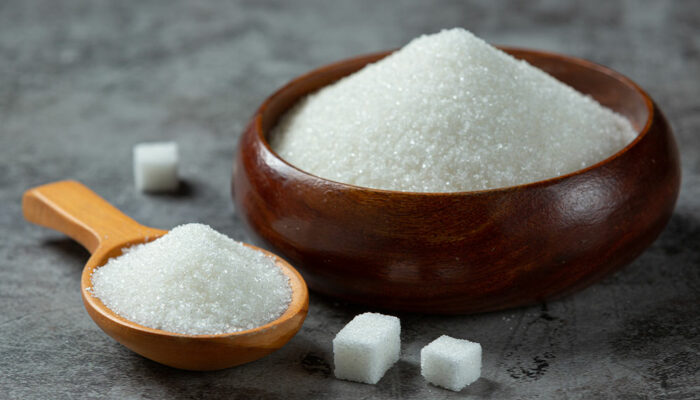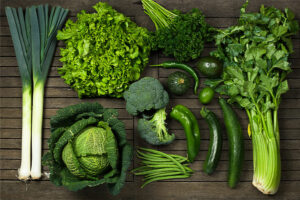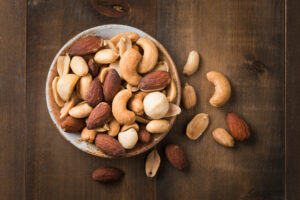
Multiple sclerosis – Foods to avoid to manage the condition
Multiple sclerosis (MS) is an illness that impacts the central nervous system. Therefore, at first glance, your food may not appear to play a significant role in initiating your symptoms or exacerbating the illness. However, consuming certain foods and eliminating others may bring some benefits. While there is no specific food-related advice for MS patients, consuming whole foods is advised. And if you are wondering what not to consume for sclerosis, read on. How food helps manage multiple sclerosis It is believed that the condition is caused by a combination of hereditary and environmental variables and that food can play a role. Also, the fact that MS is more common in developed countries than in developing ones indicates that nutrition may play a role. As a result, nutritional recommendations for individuals with MS focus on symptom management to enhance the overall quality of life. However, before making any food changes, consult a physician or nutritionist. These are the foods to avoid to protect your health. Gluten Gluten is present in grains like wheat and rye. Individuals with celiac disease, characterized by gluten sensitivity, should avoid gluten altogether to prevent intestinal damage. Still, many other individuals, including those suffering from MS, can benefit by eliminating gluten from their meals.
Read More 











